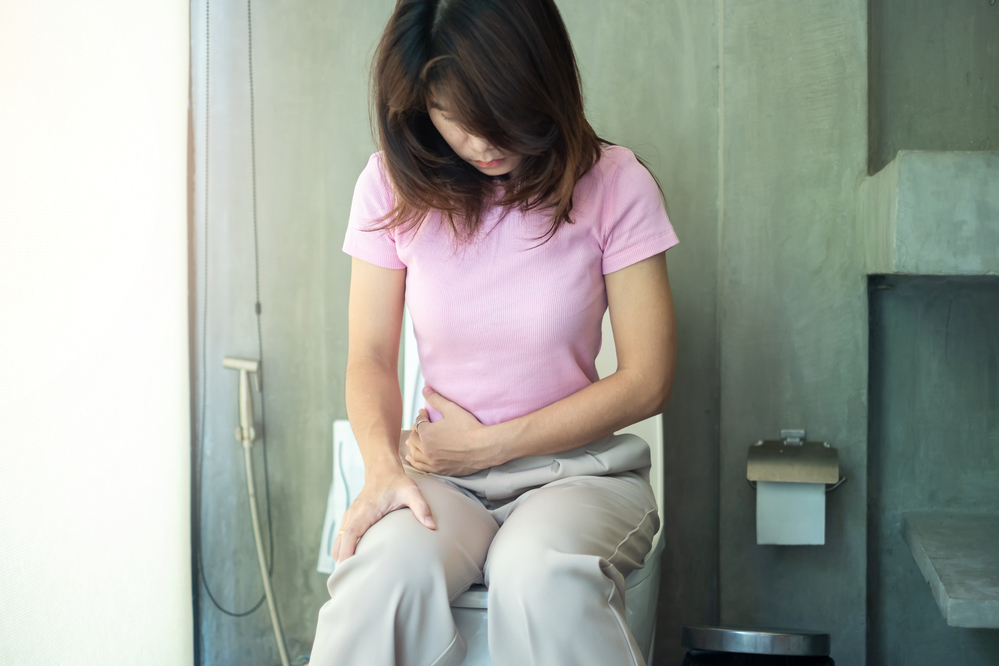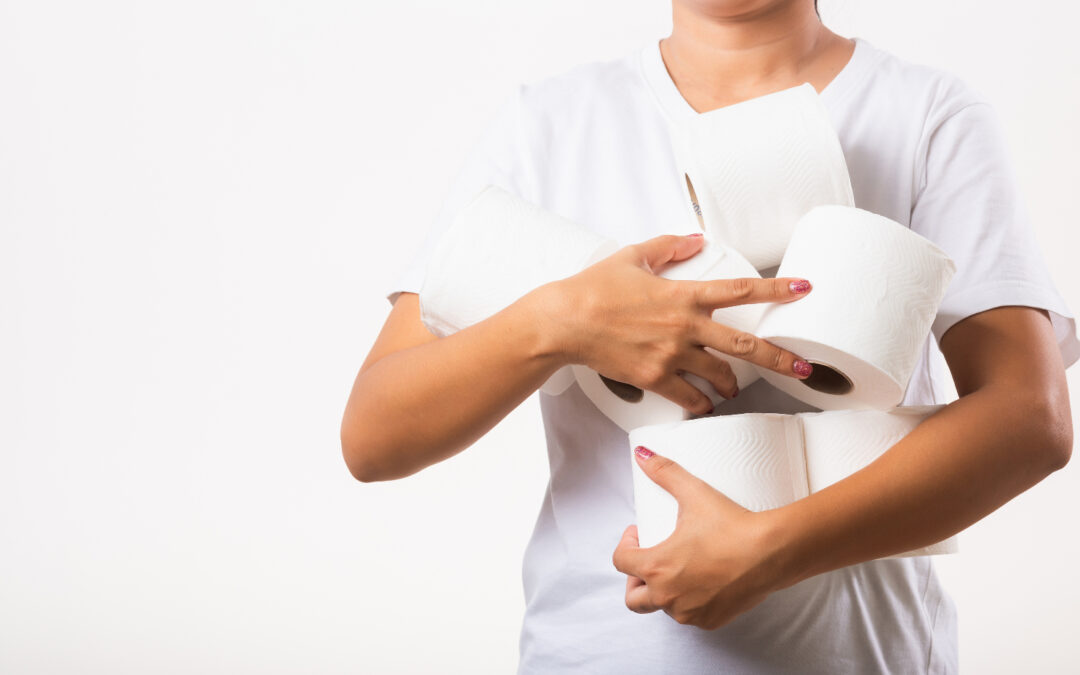It’s a scientific fact: bariatric surgery like gastric sleeve, combined with a proper diet and regular exercise, is the best way to lose a lot of excess weight and keep it off for the rest of your life. But as your body adapts to the procedure in the days, weeks, and months after surgery, you may notice a few changes, including bowel movements. So many patients ask us how long before you poop after gastric sleeve.
After undergoing gastric sleeve surgery, it’s normal for your bowel movements to slow down initially. The combination of anesthesia, pain medications, and changes in your diet can affect your digestive system. Some people may have their first bowel movement within a few days after surgery, while others may take longer.
Factors Influencing Bowel Movements
Individual metabolism, physical activity level, and hydration can influence this timeline, especially if you have experienced constipation in the past. Here are a few things to be mindful of:
- Anesthesia and Pain Medications: Anesthesia used during surgery and pain medications prescribed afterward can slow down bowel movements.
- Changes in Diet: Transitioning to a liquid diet immediately after surgery, followed by a gradual reintroduction of solid foods, can affect bowel movements.
- Physical Activity: Moving around can stimulate bowel motility, so try to incorporate gentle movements into your routine as advised by your healthcare provider.
- Hydration: Drinking an adequate amount of water is crucial for maintaining healthy bowel habits. Aim to sip water throughout the day to stay hydrated.
After gastric sleeve surgery, your bowel habits may change due to the smaller stomach size and alterations in your digestive tract. While everyone’s body is different, most people typically have fewer bowel movements than before surgery. It’s not uncommon to go a day or two without a bowel movement, especially in the early stages of recovery.
However, if you experience constipation or any concerns about your bowel habits, it’s essential to consult with your WeightWise team.
Managing Bowel Movements After Gastric Sleeve Surgery
Adding fiber to your diet can help promote regular bowel movements. However, start with small amounts and gradually increase to avoid discomfort. And make sure to take the right fiber supplements–because you’ll be on an all-liquid diet two weeks after surgery, it’s the only way you’ll get it.
Hydration will play a big part in helping with constipation. Aim to drink at least 96 ounces of clear liquid a day, but listen to your body’s cues for additional hydration needs. As always, drink throughout the day–with a smaller stomach, you won’t be able to slam a bunch of water all at once.
Engaging in light exercise, such as walking or gentle yoga, can stimulate bowel motility and promote regularity. We may even recommend medicinal help with your constipation, including Miralax. Try to avoid stool softeners and laxatives as they can become addictive.
If you’ve had gastric sleeve surgery and haven’t had a bowel movement within a few days, don’t panic. It’s not uncommon for bowel movements to be delayed, especially in the immediate post-surgery period.
Frequently Asked Questions (FAQs)

Why is constipation common after gastric sleeve surgery?
Constipation can occur after gastric sleeve surgery because of reduced food intake, changes in hormone levels, and the use of pain medications, all of which can slow down bowel motility.
How can I prevent constipation after weight loss surgery?
To prevent constipation after weight loss surgery, make sure to stay hydrated, consume a fiber-rich diet, engage in regular physical activity, and avoid constipation triggers such as processed foods and dairy products. And if you feel the need to go, go–even if you don’t feel like going anywhere except at home.
Is it normal to experience constipation long-term after gastric sleeve surgery?
While constipation is common in the immediate post-surgery period, it usually improves over time as your body adjusts to the changes. In some cases, it can take up to six months before you no longer have constipation after gastric sleeve surgery. However, if you experience long-term constipation, it’s essential to discuss it with your healthcare provider to rule out any underlying issues.
Can pain medications contribute to constipation after bariatric surgery?
Yes, prescription pain medications commonly used after bariatric surgery can slow down bowel motility, leading to constipation. Your WeightWise team may recommend alternatives or adjustments to your medication regimen to alleviate this side effect.
How many times a day should I expect to poop after gastric sleeve surgery?
After gastric sleeve surgery, bowel habits vary from person to person. While some individuals may have fewer bowel movements than before surgery, others may have more frequent bowel movements due to changes in diet and digestion. It’s essential to pay attention to your body’s cues and seek medical advice if you have concerns about your bowel habits.
Bowel movements may change after your gastric sleeve procedure, or if you’ve had a duodenal switch or gastric bypass surgery. With proper care and attention to your diet, water intake, and physical activity, you can help maintain regularity and alleviate constipation. At WeightWise, we’ll see you through this journey, from the initial consultation to months and even years afterward.

